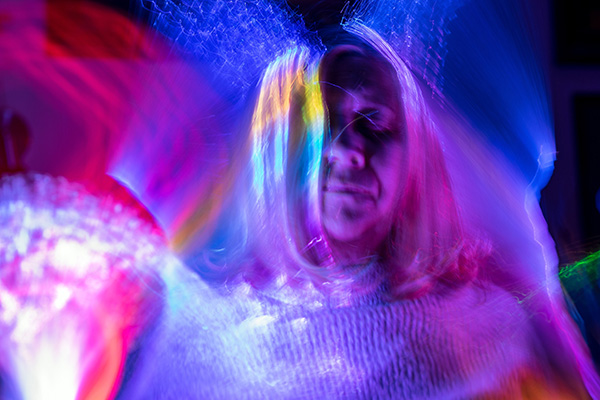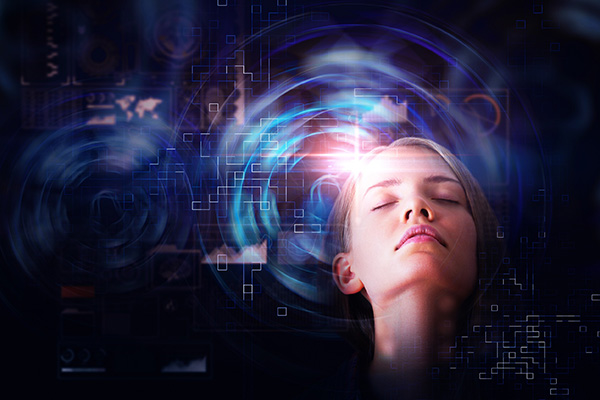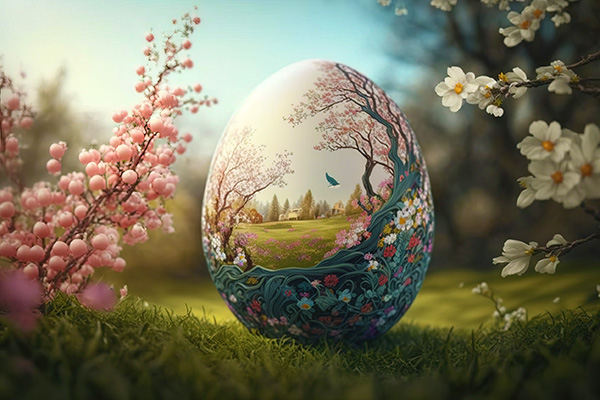energy
Practices For Developing Your Psychic Awareness
 Are you curious about increasing your intuitive awareness or developing your innate psychic abilities? Great! But how do you get started? It can seem like a daunting task, but it’s actually easier than you might think. But it does take some dedication.
Are you curious about increasing your intuitive awareness or developing your innate psychic abilities? Great! But how do you get started? It can seem like a daunting task, but it’s actually easier than you might think. But it does take some dedication.
Like any other talent, psychic ability can be practiced and improved with dedication and commitment. While some of us may have a stronger natural inclination toward psychic perception, everyone has the ability to improve their intuitive abilities through conscious effort, dedication, and practice.
Just as musicians hone their craft through consistent practice and athletes hone their skills through training, developing psychic talents requires a similarly disciplined approach. Regular practice will not only sharpen your existing skills, but can also unlock hidden potential you never knew you possessed.
By engaging in psychic development exercises, complemented by appropriate spiritual practices, anyone can sharpen their intuition and psychic awareness and become more attuned to subtle energies and impressions. However, it’s important to approach this journey with an open mind and a willingness to explore the depths of your consciousness.
Cultivating psychic abilities also requires patience and self-discovery. As you embark on this path, you may discover unique strengths and intuitive abilities that are waiting to be developed. With perseverance and a positive attitude, you can embark on a transformative journey to expand your psychic awareness and harness your innate potential.
The Art Of Aura Reading Made Easy
 All living beings have not only a physical body but also a metaphysical body. This energetic body is most commonly known as our aura or light body and emanates from and surrounds our physical body.
All living beings have not only a physical body but also a metaphysical body. This energetic body is most commonly known as our aura or light body and emanates from and surrounds our physical body.
The aura is a subtle energy field made up of luminous colored layers of energy that radiate from a few inches to a few feet around us.
It is known by various names in different spiritual and esoteric traditions, such as psychic atmosphere, biofield, odic force or etheric body.
Our aura reflects our health, emotions and mental state. Its energetic colors change according to our mood or well-being. Some traditions describe the auric layers with specific meanings, while others focus more on the different colors and their interpretations.
The aura is made up of subtle energy, also known as prana, chi or qi, or life force energy. This energy flows through the body through channels or pathways that correspond to the energy meridian system in Traditional Chinese Medicine and the chakra system in Hindu, Buddhist and Yogic traditions.
The aura has several layers or fields of energy, each with its own qualities and significance. These layers include the physical, emotional, mental and spiritual aspects of a person. However, different traditions interpret the number and composition of these layers differently.
How To Increase Your Psychic Awareness
 People often tell me that they wish they had psychic abilities. The truth is, we all do! Like any other talent, it just takes practice to develop your individual psychic potential.
People often tell me that they wish they had psychic abilities. The truth is, we all do! Like any other talent, it just takes practice to develop your individual psychic potential.
You can develop your psychic awareness in the same way that you can practice playing a musical instrument or a sport. Of course, some people are more gifted musically or athletically, but that does not prevent anyone from acquiring a certain level of skill.
People with exceptional psychic potential tend to exhibit divergent thinking, or the ability to generate multiple solutions or perspectives to a problem. They tend to think outside the box, make unconventional connections and approach challenges with creativity, flexibility and originality.
People are also more likely to have exceptional psychic potential if they are emotionally sensitive, have high levels of empathy and transpersonal awareness.
But overall, giftedness or psychic talent is a multifaceted inner potential influenced by a combination of factors including genetic predisposition, natural aptitude, personality, environmental factors, motivation, developmental opportunities and one’s unique soul plan and purpose.
While some people demonstrate exceptional abilities from an early age, psychic awareness is a dynamic and evolving quality that can be cultivated, nurtured and expressed in different ways throughout life.
Revitalize Your Life With A Spiritual Spring Clean
 The spring season is upon us and with it comes a fresh energy of renewal and rebirth.
The spring season is upon us and with it comes a fresh energy of renewal and rebirth.
Very often at this time of year people do a “spring cleaning” of their homes and workspaces, and for good reason. On a spiritual level, we have been moved by the powerful influence of this vibrant seasonal energy since the beginning of time.
As the light of the sun returns and the air begins to warm, we feel on a deep level the cycle of rebirth and the return of fertility to the earth that sustains us, just as our ancestors did through the ages. It inspires us to make room in our lives for this invigorating energy of renewal.
The ancients held the spring in high regard, attributing significant spiritual and symbolic meanings to the season. Although beliefs varied across different cultures, they mostly centered around themes of renewal, fertility, rebirth, and celebration.
In Ancient Egypt, for example, spring was closely associated with the annual flooding of the Nile, which brought fertile silt to the fields. The Egyptians celebrated the festival of Sham el-Nessim, marking the beginning of spring, which was believed to bring rejuvenation and health.
Why Do Empaths And Sensitives Often Feel Drained?
 Have you ever left a meeting or social gathering feeling completely drained or energetically depleted?
Have you ever left a meeting or social gathering feeling completely drained or energetically depleted?
Or maybe you’ve walked out of a store or other public place and noticed that you were short with your loved ones and irritable? Or you come home in the evening feeling sad or depressed for no apparent reason, after starting the day feeling cheerful and happy?
If this happens to you often, it is very likely that you are an empath or a highly sensitive person.
Empaths and highly sensitive people (HSPs) often feel drained by other people, social gatherings, crowds and certain environments due to several key aspects of their inherent nature and the way they interact with the world around them. Here are the major reasons for this phenomenon:
Genetic predisposition: Research suggests that the trait of high sensitivity is influenced by genetic factors that affect how individuals process sensory information and emotional stimuli. A key aspect of this genetic influence is the way the brain processes serotonin, a neurotransmitter that helps regulate mood, appetite, sleep, and sensory perception. Variations in genes related to the serotonin transporter have been linked to differences in emotional reactivity and sensitivity to the environment. Studies have shown that individuals with certain variations of these genes may exhibit traits consistent with high sensitivity, such as deeper cognitive processing of sensory information, higher emotional reactivity, and increased empathy.

